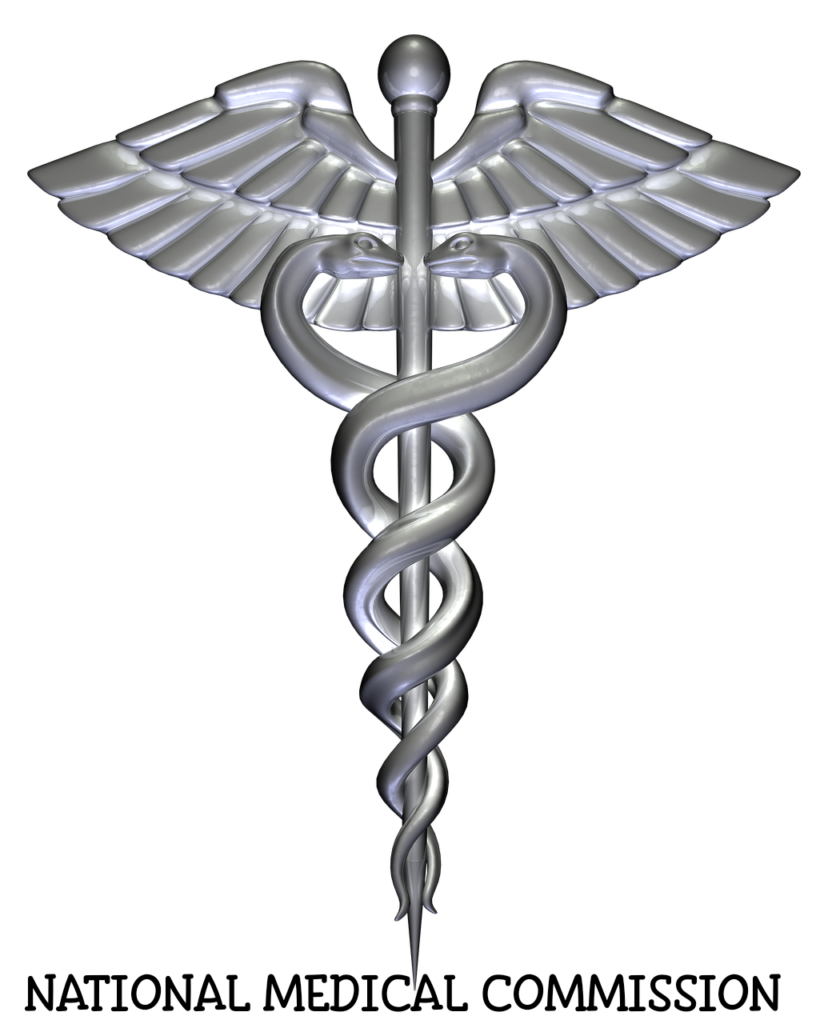The medical education landscape in India has undergone a significant transformation with the establishment of the National Medical Commission (NMC) in 2020. Replacing the Medical Council of India (MCI), the NMC has been tasked with streamlining the regulatory regime, enhancing the quality of medical education, and promoting research in the field
The National Medical Commission (NMC) was constituted on September 25, 2020, as the apex regulator of medical education and vocation in the country.
Background
The Medical Council of India (MCI) was established in 1934 under the Indian Medical Council Act, 1933 to regulate medical education and practice in India. However, over the years, the MCI was plagued by allegations of corruption and inefficiency, leading to calls for its reform.
In 2019, the Indian Parliament passed the National Medical Commission Act, paving the way for the establishment of the NMC.

NATIONAL MEDICAL COMMISSION
Purpose of the National Medical Commission (NMC)
The purpose of the National Medical Commission (NMC) is to regulate medical education and practice in India. This includes streamlining the regulatory regime, evaluating institutions, conducting HR assessments, and promoting research.
The NMC also aims to improve the quality of medical education, make the regulatory process more transparent and accountable, and increase the focus on research.
Read this also: How to register a complaint in the PG Portal?
Composition and Functions
The NMC is a statutory body comprising 33 members, including a chairman, 10 ex-officio members, and 22 part-time members. The commission has four autonomous boards:
- Undergraduate Medical Education Board (UGMEB): Responsible for preparing medical qualifications, syllabi, and guidelines for undergraduate medical education.
- Postgraduate Medical Education Board (PGMEB): Responsible for preparing medical qualifications, syllabi, and guidelines for postgraduate medical education.
- Medical Assessment and Rating Board (MARB): Responsible for assessing and rating medical colleges and imposing penalties for non-compliance with standards.
- Ethics and Medical Registration Board (EMRB): Responsible for maintaining a national register of licensed physicians, regulating professional conduct, and creating a register of licensed community health providers.
Key Achievements and Ongoing Initiatives
Since its inception, the NMC has undertaken several initiatives to improve the quality of medical education in India:
- Introduction of the National Exit Test (NEXT): A common final-year examination for all MBBS graduates, replacing the existing multiple examinations conducted by various universities.
- Streamlining the process of setting up new medical colleges: Introducing a transparent and objective process for granting approvals for new medical colleges.
- Focus on research: Encouraging research collaborations between medical colleges and institutions, and promoting a research-oriented culture in medical education.
Recent News and Activity
The NMC has been actively engaged in addressing various issues in the medical education sector.
- Issuing guidelines for medical colleges on conducting NEXT: Providing clarity on the conduct and evaluation of the NEXT exam.
- Addressing concerns about the shortage of PG medical seats: Taking steps to increase the number of PG medical seats to meet the growing demand.
- Regulating fee structures of private medical colleges: Implementing measures to ensure transparency and fairness in fee structures.
- Promoting community health education: Emphasizing the importance of community health workers in providing primary healthcare services.
Conclusion
The National Medical Commission has made significant strides in reforming and improving medical education in India. By streamlining regulations, enhancing quality standards, and promoting research, the NMC is paving the way for a more robust and effective medical education system in the country.
As the NMC continues its work, it is crucial for stakeholders, including medical colleges, students, and healthcare providers, to collaborate and support the commission’s initiatives to ensure a brighter future for medical education in India.




